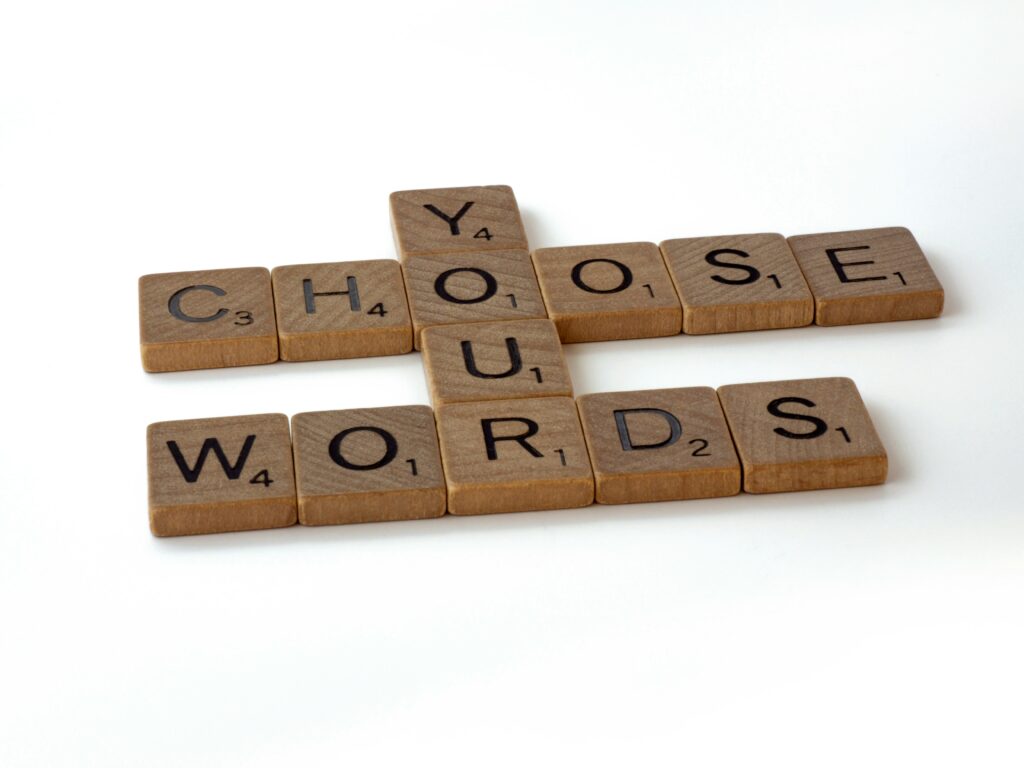
Editor’s note: Originally written behind a paywall in June 2021.
The full title was The Language of Racism. A useful discussion tool in older high school and ethnic studies classes.
This piece was moved recently from a curated blog page to a solo posting here by request.
Originally reposted 8/4/2025
Updated 8/20/2025, see sources…
5 minutes
I HATE the term microaggression on many levels. It suggests the “victim” is overly sensitive and the transgressor wasn’t all that bad. — Roger O. Green
My point of view has not changed. I see the term as dishonest …an attempt to gaslight one’s psyche. Although the word is part of society and may be used by anyone who chooses to do so.
I recently read about a Detroit university educator living and working in another country who wrote about being mistaken for a prostitute on more than one occasion when vacationing solo in a wealthy resort. She classified the experience as a microaggression.
I classify that experience as racist.
Microaggression: a term coined in the 1970s by Harvard psychiatrist Chester M. Pierce, M.D. to describe insulting comments or circumstances experienced by African Americans.
Here’s Why I Avoid Using the M Word
For starters, it is defined as a subtle slight based on implicit or unconscious bias.
And micro means small. Arguably, the word could be classified as a form of suppression. Labeling racial encounters at work or in personal life as a “microaggression” diminishes the impact of each incident… and therefore, how it is felt and handled…
Who decided the nature of a subtle slight based on race?
Why is it the responsibility of the person or group targeted to lessen the impact of someone else’s behavior based on their exposure to hundreds of years of societal conditioning?
Let us acknowledge what a microaggression is… hurtful and insulting.
The healthiest way to handle such encounters is not to continue minimizing incidents but instead to flip as many encounters as possible into a teachable moment for the transgressor.
For instance, one comment heard from time to time is, “You are so well spoken,” might be met with a smile and “Thank you. So are you.” Or some such. (raceAhead)
In some instances, adapting the skill set of a standup comic may be in order.
Thank you for reading.
Sources
Turning a microaggression into a teachable moment
By Ellen McGirt and Jonathan Vanian, June 8, 2021.
fortune.com
Kate Merrill wasn’t wrong to correct the pronunciation of Concord
Since a television meteorologist is part of a news broadcast, proper pronunciation does matter.
By Joan Vennochi Globe Columnist, Updated August 18, 2025, 2:43 p.m.
Paywalled www.bostonglobe.com
https://www.bostonglobe.com/2025/08/18/opinion/kate-merrill-lawsuit-discrimination-microaggression/
Editor’s note: The op-ed noted above, cited from the Boston Globe newspaper, was brought to my attention by a reader. (Many thanks!)
Frankly, I had a challenging time with the confusing account.
Read twice, waded through the lawsuit filing, including some eyebrow-raising images, even listened to an audio version…
While drafting this update, I kept stopping because I could not stop laughing aloud.
I agree with the title/subtitle of the piece 100 percent.
But then…if ever there was an example of why the M word should not be used at all, it’s this op-ed. Furthermore, the use of the M-word in this story is almost comically illiterate.
There is a lot …and I do mean a lot… to unpack in this account, but the M word isn’t one of them.
2 paywall comments from the 2021 article…unedited
Sep 17, 2021, a British man…
“”acknowledge what a microaggression really is : hurtful and insulting””.
That is clearly wrong. If an action, word or phrase hurts you or insults you then you may chose to call it an aggression.
The prefix ‘micro’ indicates the hurt or insult is very mild. If you want you can label all such incidents as ‘aggression’ but then you will need adjectives to rank the degree of hurt and insult. So microaggression is actually a useful terminology.
By far the most important issue is intent. Was the microaggression or aggression intentional or accidental and if intentional was it intended to hurt deeply or just be a pinprick.
Fifty years ago as an introverted British student visiting the USA I was often called a ‘limey’; this irritated me but I realised the Americans using the term were just being friendly and inclusive and they were not realising I was more sensitive than they realised.
As long as they were not intending to hurt me I could live with it or if I wished I could have called it out. There are many terms that can be used for Americans but I never felt a need to curse those god-damn Yankees.
June 2021, an Australian woman
Thank you, Dee. You make a great point. I’d never heard of the term …. I agree. The micro is just a bit insulting.
Views: 89